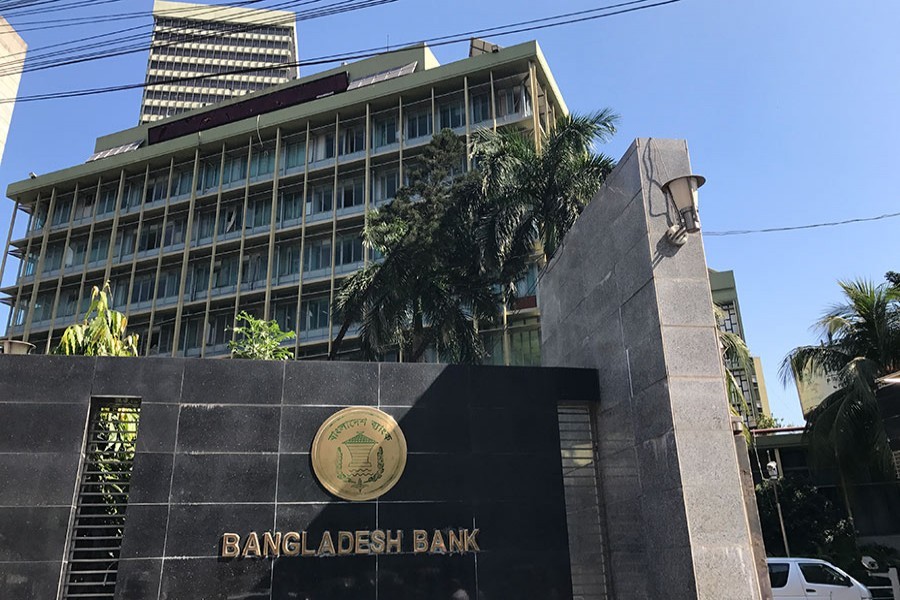A sizeable current account deficit along with changing global and domestic liquidity conditions has made the management of macro-financial stability challenging.
Identifying the challenge, the central bank has stressed "continued careful calibration" of the management of macro-financial stability.
"Managing macro-financial stability in the face of a sizeable current account deficit, changing global and domestic liquidity conditions would require continued careful calibration," the central bank said in its latest Bangladesh Bank Quarterly (BBQ) for January-March 2018, released on Monday.
Talking to the FE, a BB senior official said all stakeholders including the government should be careful about ensuring macro-financial stability in the country.
However, moderation of inflationary pressures needs to be closely monitored to ensure inflation expectations remain well-anchored, according to the BB Quarterly.
"Despite a large deficit, current account balance witnessed some improvements in Q3 of FY18, aided by a decline in trade deficit and strong remittance inflows," it noted.
However, the overall balance remained negative and widened during the third quarter (Q3) of the just-concluded fiscal year (FY) of 2017-18.
Bangladesh's overall balance of payments (BoP) slid to a deficit of $ 1.04 billion during the July-April period of the fiscal, which was a surplus of $ 2.30 billion in the same period of FY 17.
On the other hand, the country's current-account deficit reached $ 8.51 billion in the first ten months of FY 18 against $ 1.80 billion in the same period of the FY 17, the BB latest data showed.

The higher trade deficit pushed up the current-account deficit during the period under review despite an uptrend in inward remittances.
It also said the lending, deposit, and call money rates showed some upward pressures due to shifting excess liquidity conditions as strong credit growth continued to outpace deposit growth.
The capital market witnessed a downturn during this period, as reflected in the stock index, turnover, and market capitalisation.
The DSE broad index (DSEX) declined to 5597.4 at the end of March 2018 from 6244.5 in December 2017.
The BB quarterly predicted that output growth is expected to receive continued support from strong domestic demand.
It also said a surge in remittance inflows along with strong private sector credit growth boosted consumption demand in the Q3 of the FY 18.
At the same time, higher growth in investment-related imports reflected robust investment demand in the economy.
The agriculture activities also remained solid, supported by benign weather conditions, higher crop price, and timely supply of inputs and finance.
The quarterly also said the moderate growth in overall government expenditure against strong revenue collection led to a decline in the budget deficit in Q3 of FY18.
Deficit financing, as in the recent past, relied entirely on domestic non-bank financing and foreign borrowing.


